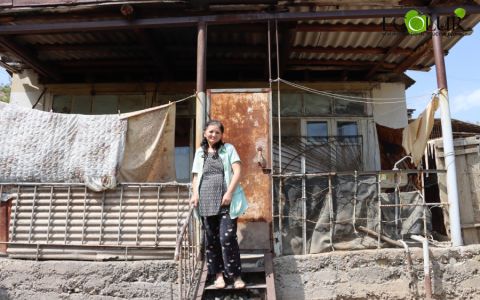New leaflet on endocrine disrupting chemicals
Health Care Without Harm Europe has created a leaflet on endocrine disrupting chemicals (EDCs) in the healthcare sector. This looks at why harmful chemicals are allowed in healthcare settings and what can be done to move towards an EDC-free future. The leaflet contains valuable information for doctors, nurses and other health professionals who can help facilitate the transition to safer practices in the healthcare sector. By reducing the use of hazardous chemicals, health professionals can limit the adverse effects on patient health. The booklet is available in six languages at this link: https://noharm-europe.org/articles/news/europe/european-commission-committed-present-edc-criteria-summer-2016
Internal chemical industry documents made public
The Center for Public Integrity; Columbia University’s Mailman School of Public Health and its Center for the History and Ethics of Public Health; and The Graduate Center at the City University of New York made making public some 20,000 pages of internal chemical industry documents - the inaugural collection in Exposed, a searchable online archive of previously secret oil and chemical industry memoranda, emails, letters, PowerPoints and meeting minutes that will grow over time. The aim is to make such materials — most of which were produced during discovery in toxic tort litigation and have been locked away in file cabinets and hard drives — accessible to workers, journalists, academic researchers and others. Hundreds of thousands of additional documents on different chemicals will be added in 2015 and beyond. The archive can be accessed at this link: https://publicintegrity.org/environment/exposed-decades-of-denial-on-poisons/
New Greenpeace report on environmental progress in the electronics sector
Greenpeace put out a new report looking back at environmental progress in the electronics sector from 2006-2014 and forward to the biggest environmental challenges facing the industry - building sustainable supply chains in East Asia and developing new business models not dependent on ever increasing consumption. It highlights which companies fulfilled their public phase out commitments and who didn't. Full details can be found here:
http://www.greenpeace.org/international/en/campaigns/toxics/electronics/Guide-to-Greener-Electronics/Green-Gadgets/
Little Things Matter: The Impact of Toxins on the Developing Brain
A very interesting short video on children and toxics popped-up at youtube. It has easy to follow visuals and language about the impacts of chemicals at low levels. While the information references are based on statistics in the US, its still a very useful video. The video can be view at: http://www.youtube.com/watch?v=E6KoMAbz1Bw#t=150
30 years from the Bhopal tragedy
30 years ago, the Union Carbide (now owned by Dow Chemicals) Pesticide Plant in Bhopal leaked toxic gas across the community. Death, disease, injustice and the toxic legacy from this tragedy continue today. The International Capaign for Justice in Bhopal is still action. Their ongoing activities can be see at http://www.bhopal.net







